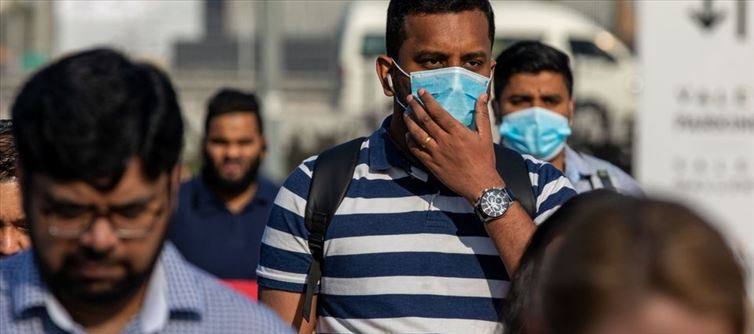
Previously in march, when the coronavirus-induced lockdown was announced, the Registrar General and Census Commissioner of india was all set for the first phase of the census and updation of the NPR that was scheduled to begin from april 1. Even though some state governments opposed the NPR update, all offered full support to the census exercise. The census is the largest single source of a variety of statistical information on people of india which helps the State to chalk out various policies. With a history of more than 130 years, this reliable, time tested exercise has been bringing out a veritable wealth of statistics every 10 years, including on the rich diversity of the people, and has become one of the tools to understand and study India.
The objective of the NPR is to create a comprehensive identity database of every usual resident in the country. The database would contain demographic as well as biometric particulars. The NPR is a register of the usual residents of the country. It is prepared at the local (village and sub-town), sub district, district, state and national levels under provisions of the Citizenship Act, 1955 and the Citizenship (Registration of Citizens and Issue of National Identity Cards) Rules, 2003.
The data for NPR was last collected in 2010 along with the house listing phase of the Census 2011. Updating of this data was done during 2015 by conducting a door-to-door survey. While updating the register in 2015, the government had asked for details like Aadhaar and the mobile number of people. This time, the information related to their driving license and voter ID card may also be gathered, the officials said. Though information regarding the place of birth of parents will be sought, it is up to the residents whether to respond to the question as it is voluntary.




 click and follow Indiaherald WhatsApp channel
click and follow Indiaherald WhatsApp channel